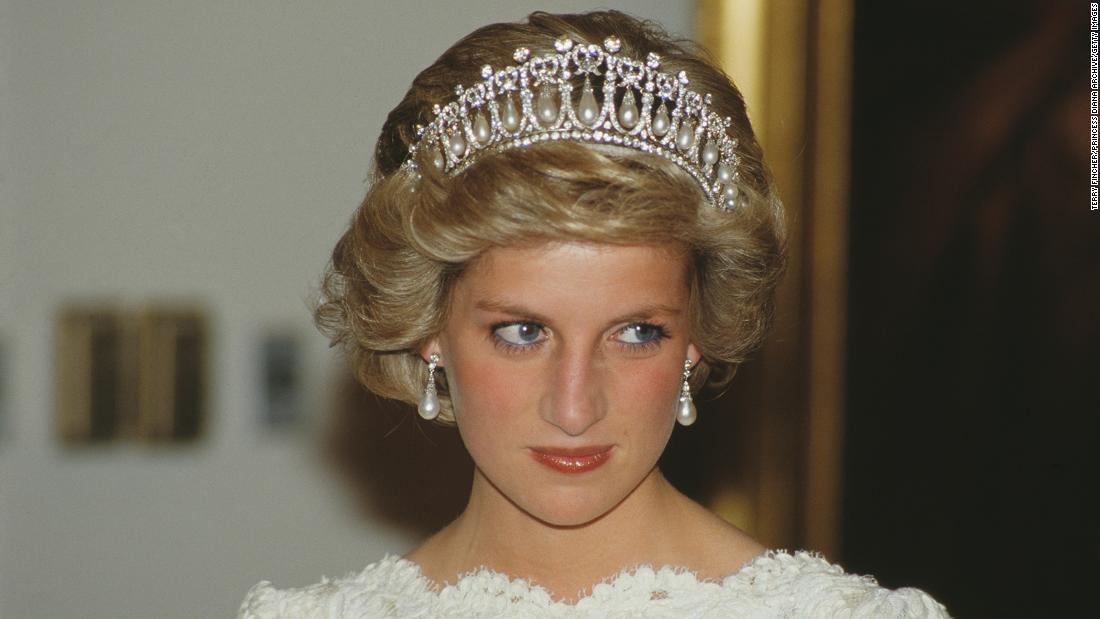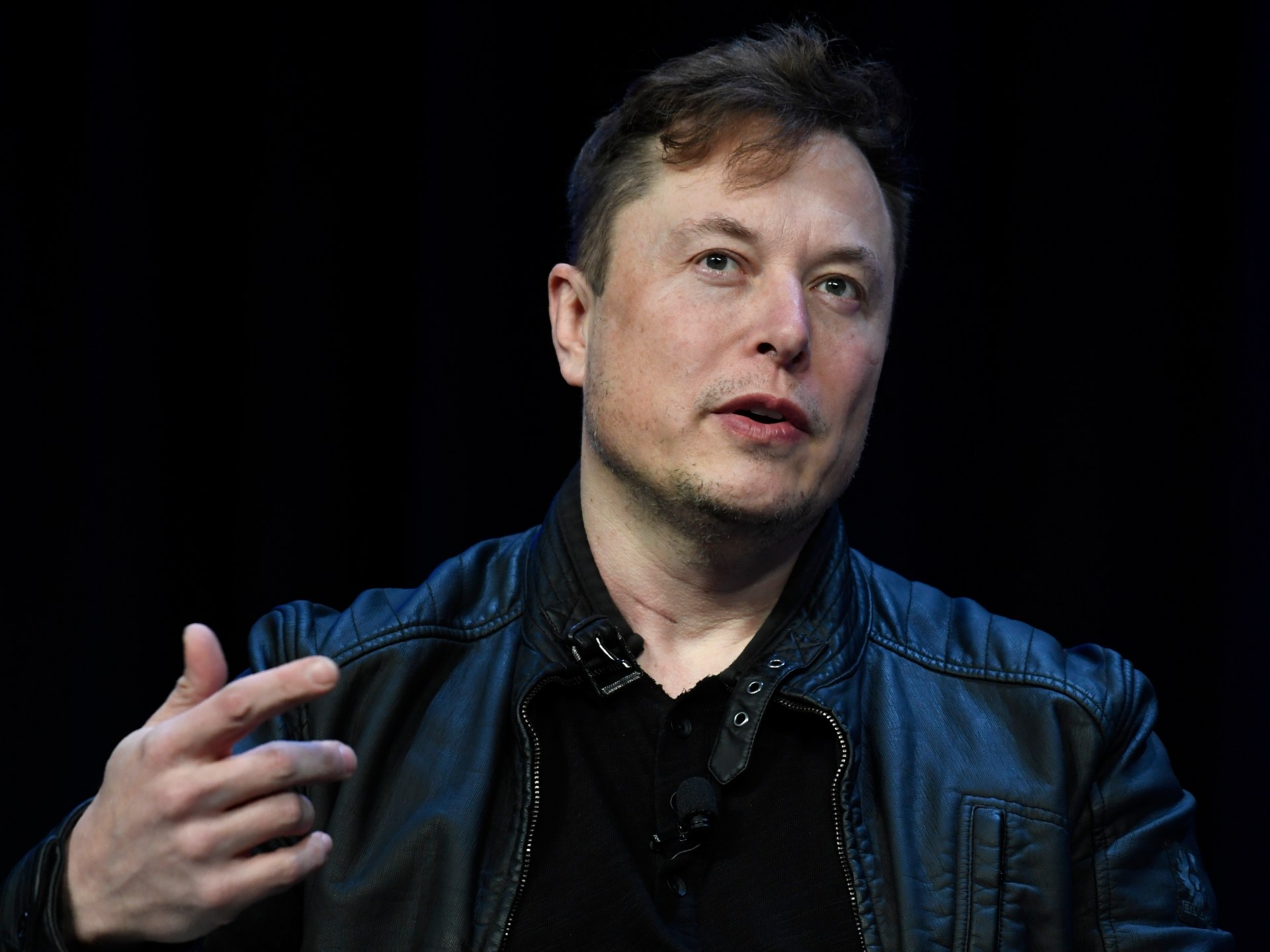Ukraine: Governor urges 350,000 residents flee Russian offensive
The governor of the last remaining eastern province still partly under Ukrainian control has urged the region’s more than 350,000 residents to flee Russia’s escalating bombing offensives.
As Russian forces pounded targets across eastern Ukraine on Tuesday, Donetsk’s governor Pavlo Kyrylenko urged civilians to evacuate the province to save lives and to enable the Ukrainian army to better defend towns from the Russian onslaught.
The governor’s call for people in Donetsk to leave the province appears to represent one of the biggest suggested evacuations of the war, which has already displaced more than 7.1 million Ukrainians within the country and led a further 4.8 million to leave the country, according to the UN.
“The destiny of the whole country will be decided by the Donetsk region,” Kyrylenko said on Tuesday.
“Once there are less people, we will be able to concentrate more on our enemy and perform our main tasks,” he said.
The governor said that Russia’s “number one target” is currently the cities Sloviansk and Kramatorsk, in part because of critical infrastructure in the towns, such as water filtration centres.
Kryrylenko added that as Russian missile and artillery raids on residential areas intensified, more people were leaving.
He described shelling as “very chaotic” and without “a specific target … only to destroy civilian infrastructure and residential areas”.
The call for a mass evacuation follows one day after Russian President Vladimir Putin declared victory in the neighbouring province of Luhansk after months of gruelling warfare for control of the cities of Severodonetsk and Lysychansk, during which both sides lost many service members.
Donetsk and Luhansk together comprise the Donbas, the industrialised eastern part of Ukraine that has seen the most significant battle in Europe for generations. Russia says it wants to take control of the entire Donbas region.
Sloviansk and Kramatorsk
After Russian forces on Sunday took control of Lysychansk, the last bastion of Ukrainian resistance in Luhansk, Ukrainian officials said they now expect Moscow to focus its efforts mainly on the cities of Sloviansk and Kramatorsk in Donetsk.
Russian forces struck a market and a residential area in Sloviansk on Tuesday, killing at least two people and injuring seven, local officials said.
Earlier, Kyrylenko had said Sloviansk and nearby Kramatorsk had suffered heavy shelling overnight.
“Russians again deliberately target areas where civilians congregate,” Kyrylenko wrote in a Facebook post. “This is sheer terrorism.”
“There is no safe place without shelling in the Donetsk region.”
In comments marking an escalation of Moscow’s war rhetoric, the speaker of the Duma, Russia’s lower house of parliament, said Ukraine had become a “terrorist state” that was doing everything to ensure that Russia did not stop its invasion at the borders of the Donbas region as advertised.
In a further sign that Russia is preparing for a long war, the Duma passed two bills in their first reading that would allow the government to oblige firms to supply the military and make staff work overtime to support the invasion.
Putin has told troops involved in capturing Luhansk – who would also be part of any attempt to capture cities in Donetsk – to “rest and recover their military preparedness” while units in other parts of Ukraine keep fighting.
Ukrainian President Volodymyr Zelenskyy’s adviser, Oleksiy Arestovych, said Russia’s capture of Lysychansk and Severodonetsk – two medium-sized cities in Luhansk, now largely reduced to ruins – had come at a heavy human and financial cost for Moscow and had taken 90 days.
“This is the last victory for Russia on Ukrainian territory,” Arestovych said in a video posted online.
Tactical victory
Some military experts reckoned Russia’s hard-fought victory in Luhansk had brought its forces little strategic gain, and the outcome of the war remained in the balance.
“I think it’s a tactical victory for Russia but at an enormous cost,” said Neil Melvin of the RUSI think tank in London.
Melvin said the decisive battle for Ukraine was likely to be fought not in the east, where Russia is mounting its main assault, but in the south where Kyiv has begun a counter-offensive to recapture territory around the city of Kherson.
Mykola Sunhurovskyi of the Razumkov Centre, a Kyiv-based think tank, predicted that growing supplies of heavy Western weapons, including HIMARS multiple rocket launchers, will help Ukraine turn the tide of the war.
“The supplies of weapons will allow Ukraine to start a counteroffensive in the south and fight for Kherson and other cities,” Sunhurovsky said.
But Ukraine has also faced enormous personnel losses: up to 200 soldiers a day in recent weeks of ferocious fighting in the east, according to officials.
Ukrainian Defence Minister Hanna Malyar said recently that Russian forces were firing 10 times more ammunition than the Ukrainian military.
“Overall, local military balance in Donbas favours Russia, but long term trends still favour Ukraine,” wrote Michael Kofman, an expert on the Russian military and program director at the Virginia-based CNA think tank.
“However, that estimate is conditional on sustained Western military assistance, and is not necessarily predictive of outcomes. This is likely to be a protracted war.”
Russia’s invasion has killed thousands, displaced millions and flattened cities, particularly in Russian-speaking areas in the east and southeast of Ukraine.
It has also driven up global energy and food prices and raised fears of famine in poorer countries as Ukraine and Russia are both major grain producers.
Addressing the UN Human Rights Council in Geneva, Ukraine Deputy Foreign Minister Emine Dzhaparova said: “If the Russian blockade of Ukraine’s harbours of Odesa and Mykolaiv continues, millions of tonnes of food may rot in silos and tens of millions of people in Africa and Asia may starve.”
Kyiv and the West say Russia is waging an unprovoked, imperial-style land grab in its fellow ex-Soviet republic and accuse Moscow of war crimes. Moscow has denied that it is to blame for the global food crisis.



